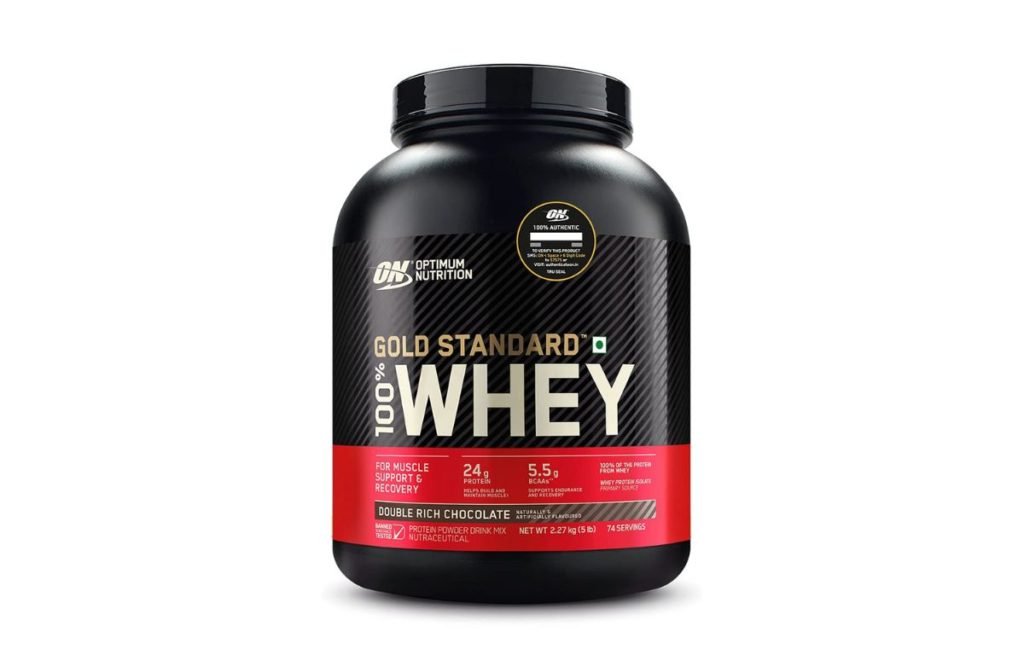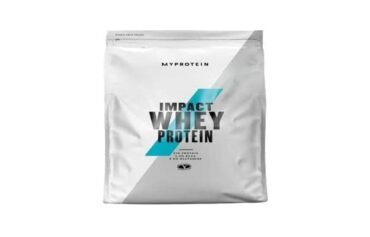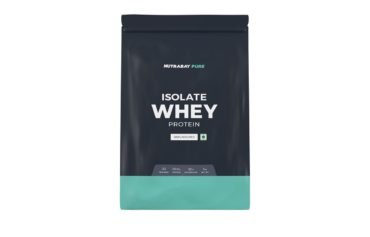You may have heard that protein is important for helping your muscles recover after a workout. So you may be wondering if should you drink protein shakes on rest days.
Protein is essential for muscle growth and repair. However, that doesn’t mean that you need to drink protein shakes on every single day. In fact, you may be better off getting your protein from whole foods on most days.

Protein shakes can be a convenient way to get more protein, but they’re not necessary for everyone. If you’re eating a balanced diet, you’re probably getting enough protein without needing to supplement with shakes.
That said, there’s nothing wrong with drinking protein shakes on occasion, particularly if you find them helpful in meeting your protein needs. Just be sure to choose a quality protein powder and mix it with other healthy ingredients.
- 1. What is protein and why do we need it?
- 2. How much protein do we need?
- 3. What are the best sources of protein?
- 4. Should you drink protein shakes on rest days?
- 5. What are the benefits of drinking protein shakes?
- 6. Are there any risks associated with drinking protein shakes?
- 7. How can we make sure we’re getting enough protein?
1. What is protein and why do we need it?
Protein is a nutrient that’s essential for our bodies. It’s made up of amino acids, which are the building blocks of our muscles, bones, skin, and other tissues.
We need protein for many different functions, including:
– Building and repairing our tissues
– Producing enzymes and hormones
– Boosting our immune system
– transporting oxygen and nutrients in our blood
Most people can get enough protein from their diet without needing to supplement with protein powder or shakes. However, some people may benefit from protein supplements, especially if they’re not getting enough protein from their diet.
2. How much protein do we need?
The amount of protein we need depends on many factors, including our age, activity level, and muscle mass. The average person needs 0.36 grams of protein per pound of body weight, or about 56 grams per day for a sedentary person.
Active people and athletes may need more protein, and the amount you need also increases as you get older. The current recommended intake for protein is 0.8 grams per kilogram of body weight, or about 0.36 grams per pound.
3. What are the best sources of protein?
There are many different sources of protein, including both animal and plant-based foods. Animal-based sources of protein include meat, poultry, fish, and dairy products. Plant-based sources of protein include beans, lentils, nuts, and seeds.
Protein powders are also a source of protein, and they’re often made from whey, casein, or soy.
4. Should you drink protein shakes on rest days?
Protein shakes are not necessary for everyone, but they can be a convenient way to increase your protein intake. If you’re eating a balanced diet, you’re probably getting enough protein without needing to supplement with shakes.
However, protein shakes can be a helpful way to increase your protein intake on days when you’re training hard or recovering from a workout. They can also be a convenient way to get protein if you’re not getting enough from your diet.
5. What are the benefits of drinking protein shakes?
There are many benefits of drinking protein shakes, including:
– Increased muscle growth
– Improved recovery
– Increased satiety
– Enhanced immune function
– Improved blood sugar control
Protein shakes can also be a convenient way to get more protein if you’re not getting enough from your diet.
6. Are there any risks associated with drinking protein shakes?
There are some risks associated with drinking protein shakes, especially if you drink too many or if you choose a poor-quality protein powder.
Protein shakes can also be high in calories, so they may not be ideal if you’re trying to lose weight.
7. How can we make sure we’re getting enough protein?
If you’re not getting enough protein from your diet, you may want to consider supplementing with protein powder or shakes.
Protein powder can be a convenient way to increase your protein intake, but it’s important to choose a quality powder that’s low in additives and sugars. Protein shakes can also be a convenient way to get more protein, but they’re not necessary for everyone.
If you’re concerned about your protein intake, talk to your doctor or a registered dietitian. They can help you determine whether you need to supplement with protein and how much protein you need.






